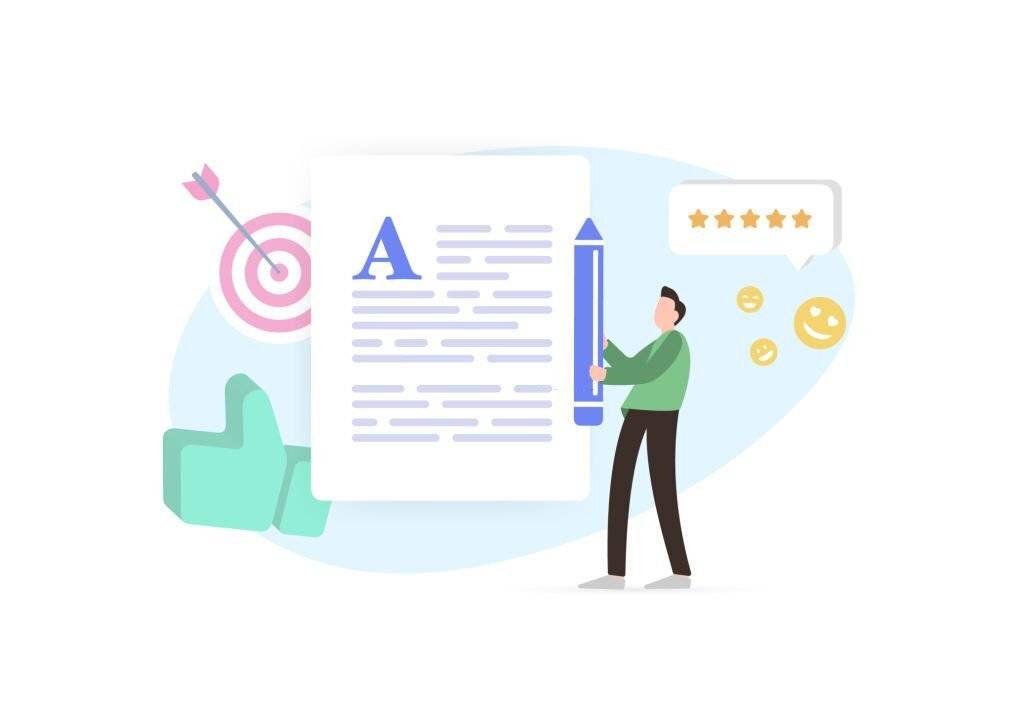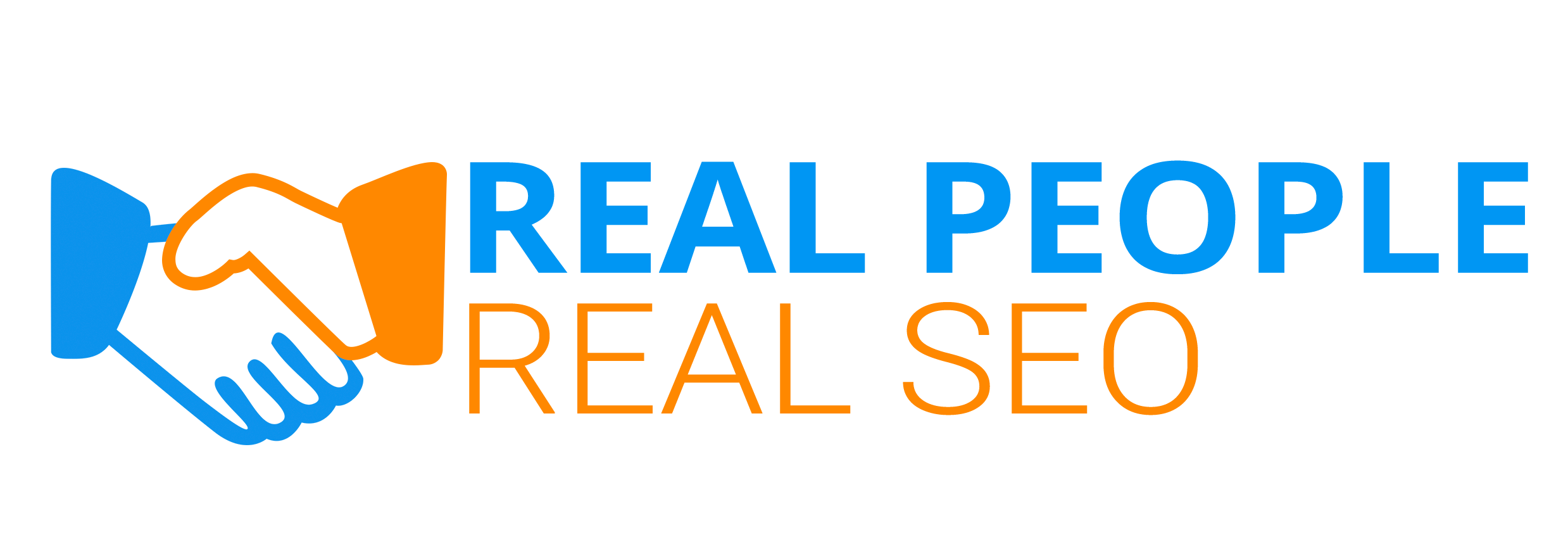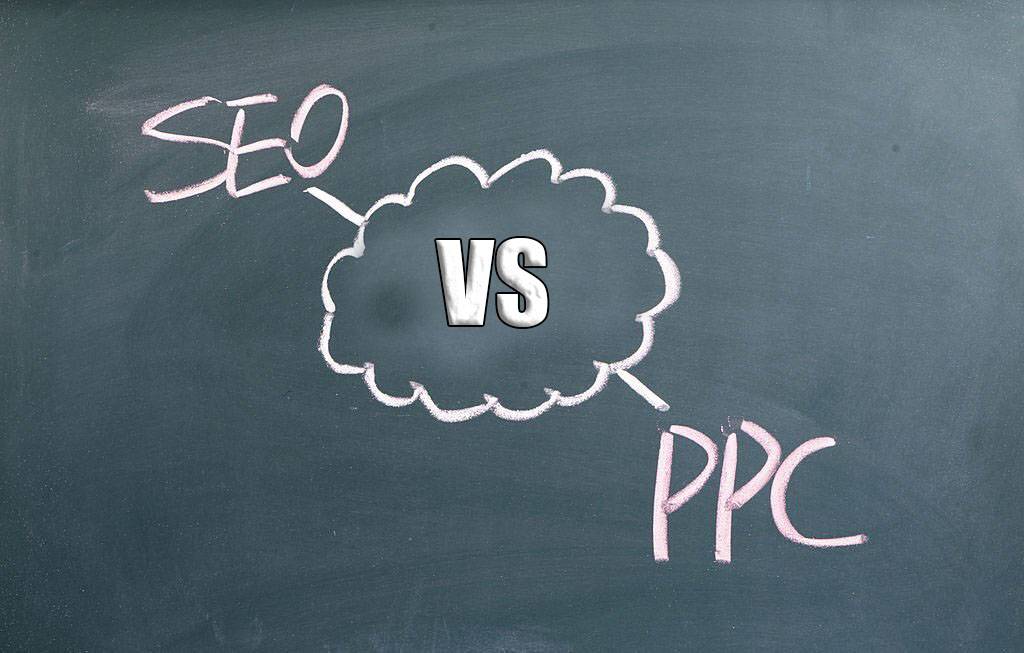In the world of digital marketing, PPC (Pay-Per-Click) and SEO (Search Engine Optimization) are two well-liked techniques for appearing in search engine results pages (SERPs). Both approaches aim to raise a website’s ranking, but each uses a different strategy and offers particular benefits.
Understanding PPC & SEO
PPC entails placing ads at the top or sides of search engine results and bidding on keywords. Every time their ad is clicked, advertisers are charged a fee. The goal of search engine optimization, on the other hand, is to expand a website’s natural visibility in search engine outcomes. PPC gives instant visibility, whereas search engine optimization takes more time & work to produce long-term results.
Ranking Factors for PPC
PPC ranking is influenced by various important factors, including:
1: Bid Amount
The maximum price per click an advertiser is prepared to pay for a specific keyword is the bid amount. To increase the possibility of receiving clicks and conversions, higher bids can aid in securing better ad placements.
2: Ad Quality
Search engines assess the quality of ads based on variables like relevance, expected click-through rate, and landing page experience. Higher rankings are more likely for ads with better quality scores.
3: Relevance
PPC ranking heavily relies on relevance. Advertisers must ensure their ads are essential to the targeted search queries. Ad content that aligns with user intent enhances click-through rates and overall campaign effectiveness.
4: Landing Page Experience
The quality and relevance of the webpage users land on after clicking an ad are called the landing page experience. A well-designed landing page can improve the user experience and enhance ad rankings if it has pertinent content and a clear call to action.
Ranking Factors for SEO

Different from PPC, SEO ranking factors emphasize optimizing a website for natural search results:
1: On-Page Optimization
To boost a webpage’s visibility in search engine results, several elements of the page are optimized, a process known as on-page optimization. It means optimizing content, headings, meta tags, & titles. Websites can improve profile & ranking by carefully incorporating pertinent keywords & offering valuable and exciting content.
2: Backlinks
Backlinks are hyperlinks to your website from other websites. They play a significant role in SEO ranking because search engines view them as recommendations and sources of authority. High-quality backlinks from reliable and pertinent websites can significantly boost visibility and ranking.
3: Content Quality
To rank well in SEO, content quality is essential. Search engines give websites that provide users with high-quality, pertinent, and educational content priority. Well-written, valuable content that benefits the target audience will influence more extended website visits, higher user engagement, and better overall ranking.
4: User Experience
An increasingly important factor in SEO ranking is user experience. Users want the best results from search engines, so websites with a good user experience are rewarded with higher rankings. Various elements, including page load speed, mobile friendliness, simple navigation, and intuitive design, influence an excellent user experience.
The Role of Keywords
Users enter terms and phrases into search engines known as keywords to find information or solutions. Researching keywords is essential for PPC and SEO strategies. Websites can increase their visibility and rank for particular search queries by selecting pertinent keywords and strategically incorporating them into the website’s content, meta tags, and headings.
Cost Considerations
The price is one of the main distinctions between PPC and SEO. PPC entails paying for each click on an advertisement, and the cost can vary depending on keyword difficulty and bid amounts. While search engine optimization does not directly pay for clicks, it requires ongoing work and investment in optimizing the website and creating high-quality content.
Timeframe for Results
The turnaround time for results is another key distinction between PPC and SEO. Within hours of launching a campaign, PPC can drive traffic to a website and offer immediate visibility. But SEO is a long-term approach that needs persistence and patience. Significant improvements in organic search rankings can take months or even years to manifest.
Integrating PPC & SEO Strategies
Although PPC and SEO are different marketing techniques, they can work well when properly combined. By combining SEO and PPC advertising, businesses can increase their visibility and reach in search engine results. While search engine optimization works to improve organic rankings over the long term, PPC can offer immediate visibility for highly competitive keywords.
Final Thoughts
In the end, there are significant differences between PPC and SEO regarding ranking factors, cost factors, results timelines, and strategies. While SEO focuses on on-page optimization, backlinks, content quality, and user experience, PPC depends on factors like bid amount, ad quality, relevance, and landing page experience.
Businesses can achieve the best visibility and rankings in search engine results by understanding the nuances of each strategy and successfully integrating it.


Leave a Reply